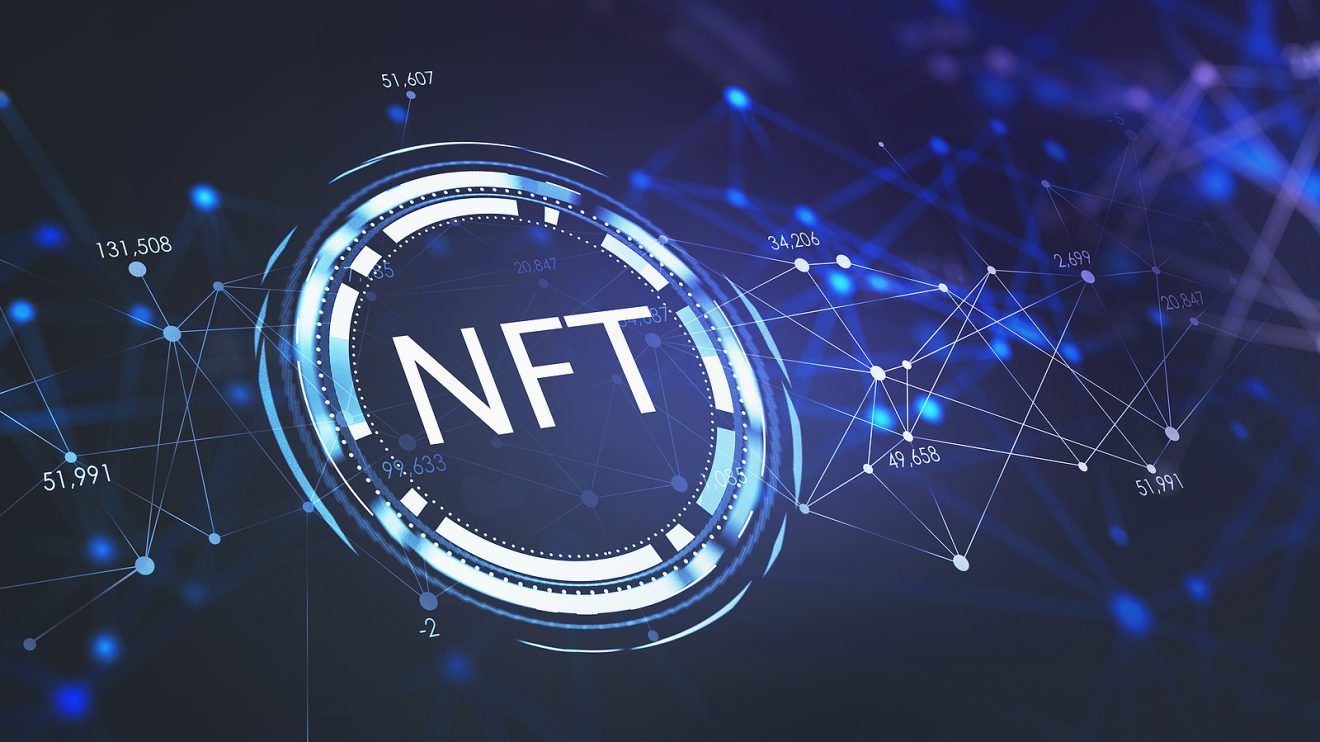
From city-building projects to eye-scanning orbs, the world of cryptocurrency and Non-Fungible Tokens (NFTs) often veers into territories that might be described as peculiar, even by the standards of its enthusiasts. Here’s a deep dive into some of the most surreal and unexpected moments that have emerged from this already unconventional space.
The Ambitious Blockchain City Projects

In the frontier lands of Wyoming, a decentralized autonomous organization (DAO) known as CityDAO has acquired 40 acres with the vision of establishing a blockchain-based community. For a modest .25 ETH, anyone can become a founding member, gaining voting rights and a potential home in this futuristic endeavor.
El Salvador has taken this concept even further. In 2021, under President Nayib Bukele’s directive, the country embraced Bitcoin as legal tender and announced the development of a “Bitcoin city” at the base of a volcano. Bukele’s plans are grand, envisioning a city complete with residential and commercial zones, cultural sites, and even its own airport and rail system, all financed by Bitcoin bonds.
The Curious Case of the Tungsten Cube
Perhaps one of the more whimsical crypto phenomena involves a heavy metal cube. Tungsten, known for being denser than lead, became the center of an inside joke within the crypto community. Midwest Tungsten Service saw an opportunity and created a massive 14.545-inch cube, weighing around 2,000 pounds. The cube was linked to an NFT, sold for $250,000, granting the owner annual visitation rights—a testament to the bizarre fusion of physical and digital ownership.
Spike Lee’s Controversial Crypto ATM Ad

In July 2021, filmmaker Spike Lee directed a commercial for a Bitcoin ATM brand, Coin Cloud, portraying cryptocurrency as a democratic alternative to traditional, exclusionary financial systems. “Old money—as rich as it looks—is flat-out broke,” Lee declared in the ad. Despite his intention to democratize finance through crypto, the ad drew skepticism. Cryptocurrencies are still a new, volatile market, and their promise of inclusivity remains heavily contested.
Worldcoin’s Eye-Scanning Initiative
Sam Altman’s startup, Worldcoin, introduces another layer to the crypto world’s oddities by offering cryptocurrency in exchange for iris scans. The startup aims to create a unique form of identification that could potentially support initiatives like universal basic income. Despite privacy concerns, the concept has rolled out in several countries, underscoring the ongoing tension between innovation and privacy in the digital age.
“Right-Clicker Mentality” and the NFT Debate
The term “right-clicker mentality” emerged as a critique of those who underestimate the value of owning an original NFT, compared to simply downloading a copy of the image. Originating from a tweet about recreating a luxury meal at home, the phrase underscores the divide between digital ownership and traditional values—the cultural clash at the heart of the NFT marketplace.
DogeCoin and Its Cultural Impact

DogeCoin, originally created as a satirical take on Bitcoin, epitomizes the unpredictable nature of cryptocurrencies. Fueled by a strong community and celebrity endorsements, notably by Elon Musk, DogeCoin has risen to significant prominence. The coin’s journey from meme to major cryptocurrency highlights the unique blend of humor and serious finance that defines much of the crypto space.
In these stories, the line between the real and the virtual continues to blur, creating narratives as rich and complex as any traditional market. The crypto and NFT arenas are not just about technology and finance; they are about the reimagining of community, culture, and ownership in the digital age.
